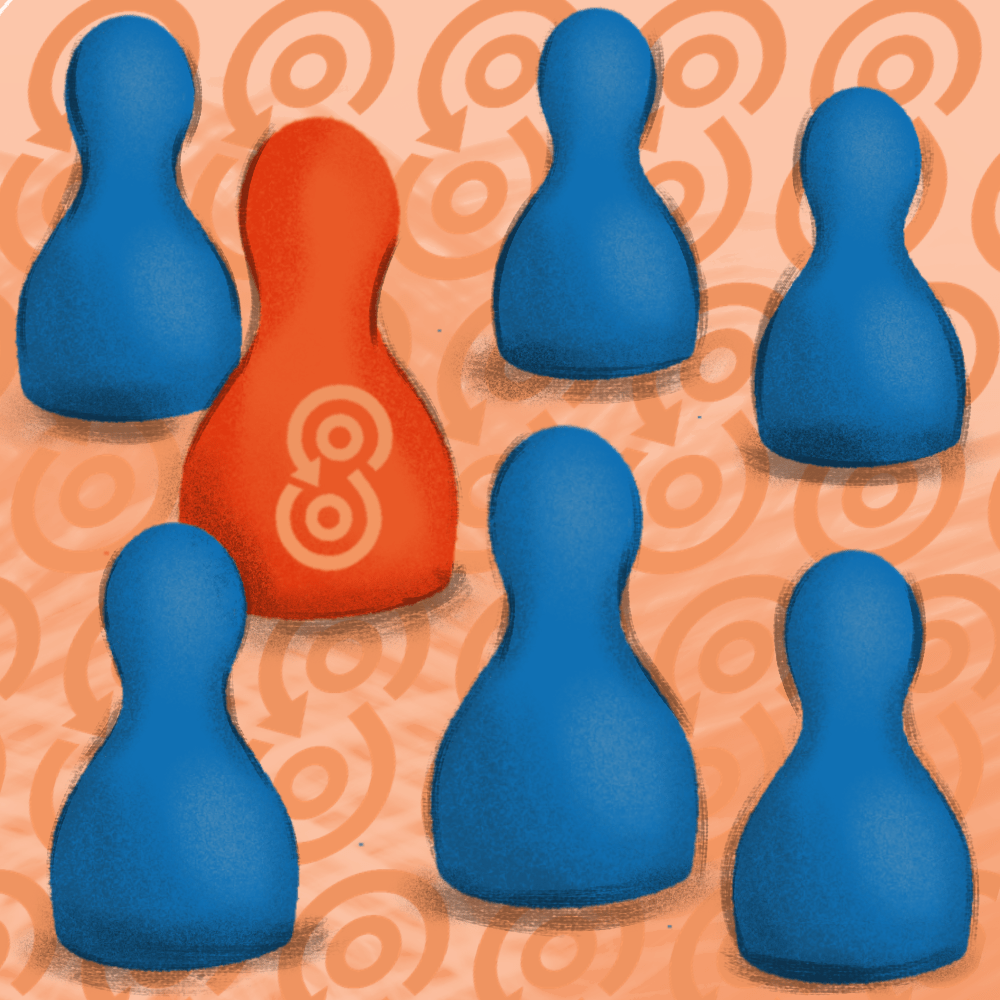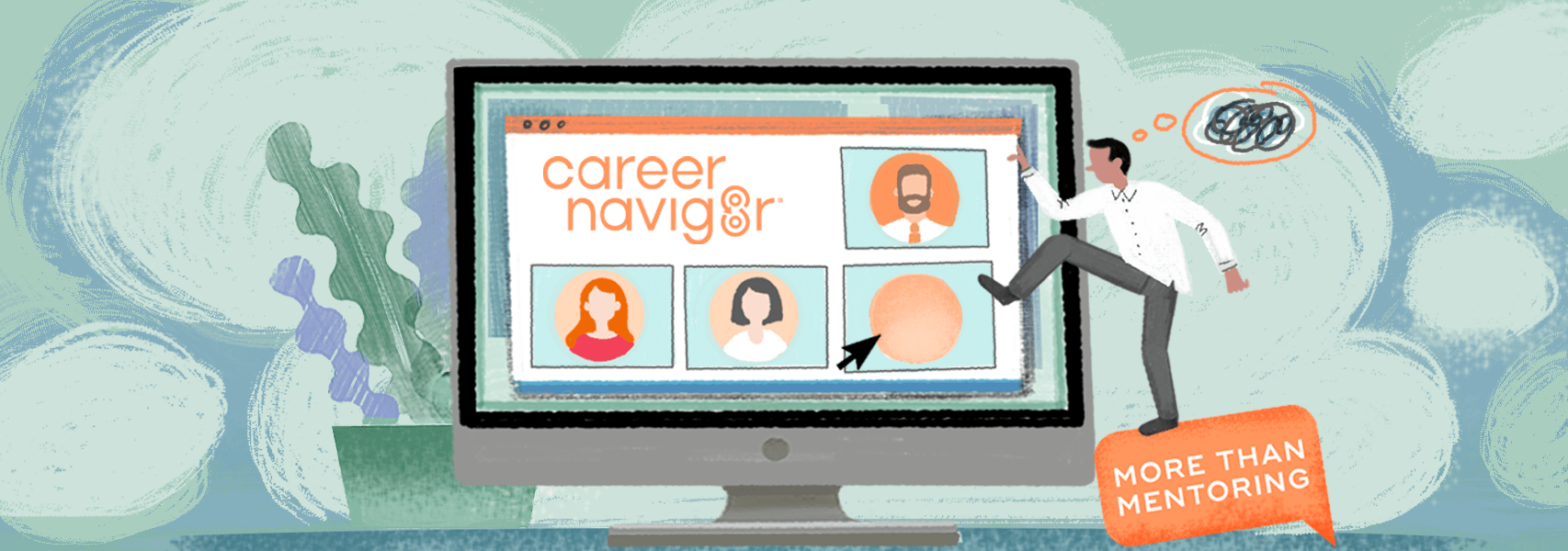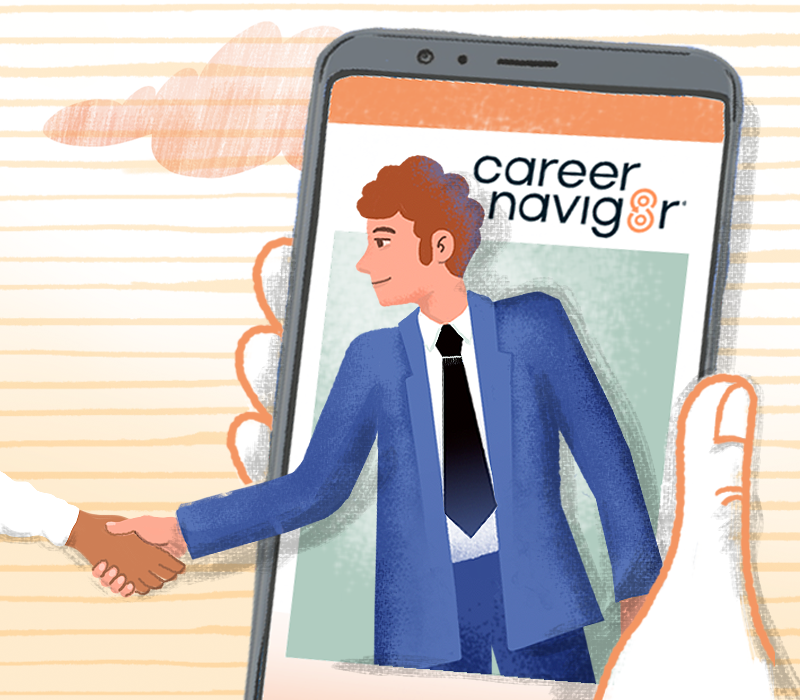Accessible Careers: Working With a Sensory Disability

Over the last few weeks we’ve been covering the wide world of careers for disabled people. In this last article, we’d like to wrap things up by talking specifically about the experiences of and opportunities for people with sensory disabilities.
Because sensory disabilities can be so varied, we’ve decided to split this article into two sub-categories. First we’ll be taking a look at jobs for blind and deaf people. Second we’ll be talking about the best jobs for adults with ADHD, ADD, and autism. We’ll also be exploring some of the tools and techniques you can apply to open up more opportunities and to manage everyday difficulties in the workplace.
Visual & Auditory Disabilities
When it comes to audio/visual disabilities, the extent of your disability can make a big difference to the exact career paths you choose to pursue. For example, there are plenty of workable jobs for people with low vision that completely blind people would have more challenges doing.
That said, as with all disabilities, there are very few hard lines on what is and isn’t possible. Outside of a handful of careers—such as driving or operating heavy machinery—there are very few jobs blind people cannot do. The same is true for deaf people.
In fact, for the most part, careers for blind and deaf people can look exactly the same as those for non-disabled people, especially if you’re familiar with using adaptive technology.
With a good level of IT literacy and a familiarity with tools such as screen readers and automatic captioning there are very few opportunities that won’t be available to you, particularly not in white collar fields. Things can get a little more tricky when it comes to more blue collar jobs due to safety regulations but even then, it’s always worth taking the time to research your specific field.
If you’re not sure whether your disability would prevent you from working in a certain role, then the best thing you can do is reach out online. Try to find communities both for the field you’re looking to work in and for people who share your disability. These people will be able to give you specific, tailored advice based on personal experience to help you make your decision.
Autism & ADHD
Autism, ADHD, and ADD, are not always strictly categorised as sensory disabilities because, although the symptoms can affect senses and sense processing, the causes are developmental and cognitive. That said, many conditions that we would think of as sensory can start in the brain and the line between the two is often blurred.
All of this to say that, in practice, autism, ADHD, and ADD can have a very sensory impact which is why we’ve chosen to discuss them here.
Finding the right jobs for adults with autism is often about finding careers that mitigate the risk of sensory overload. As with all things disability there’s no one-size-fits-all solution to this but common triggers include:
- Loud noises
- Bright lights
- Crowded/busy places
- Temperature changes
- New/unfamiliar sights
- Specific textures
In general, there are two approaches to handling sensory triggers: management and avoidance. Avoiding sensory triggers is the simpler option but for many jobs that’s simply not possible, so instead it’s important to find coping mechanisms and ways of adapting to environments where triggers may occur fairly often.
It’s also worth noting that triggers can often be managed through the correct PPE/tools. For example, working in a kitchen might present a serious challenge to an autistic person but sometimes the solution can be as simple as wearing gloves.
That’s not to say that this is always the case but that the best approach to handling triggers is to treat them on a case by case basis. If you’re worried about having to interact with a specific trigger, the best thing to do is experiment with workarounds and speak with your employers to see if a solution can be found.
For adults with ADHD/ADD, overstimulation can also be a problem however the triggers may be less specific. Anything from loud talking to too much information at once can cause overstimulation which, in turn, can lead to symptoms ranging from headaches and nausea to anxiety and even panic attacks.
Again, the solution to these problems should be handled on a case by case basis. It can take time but if you communicate with your employer and work with them, then it’s perfectly possible to find coping mechanisms that work for you.


